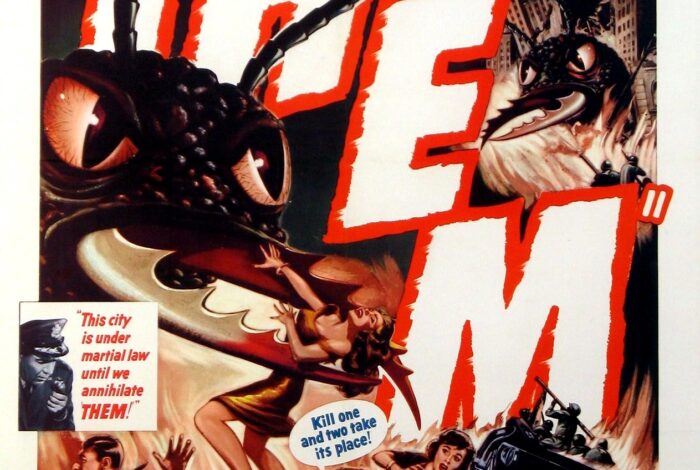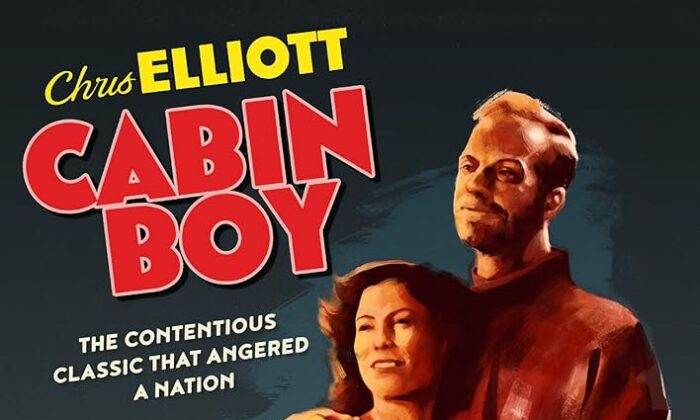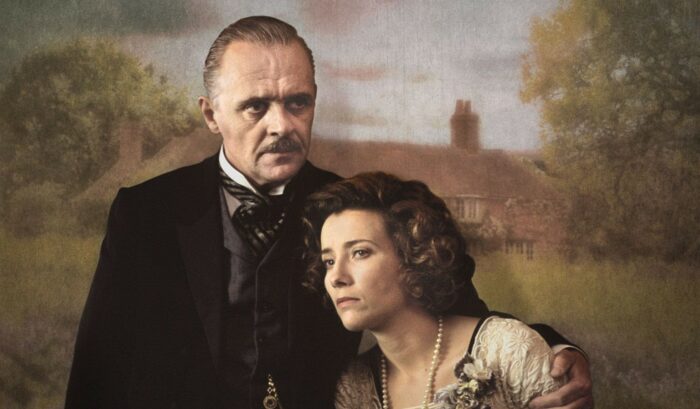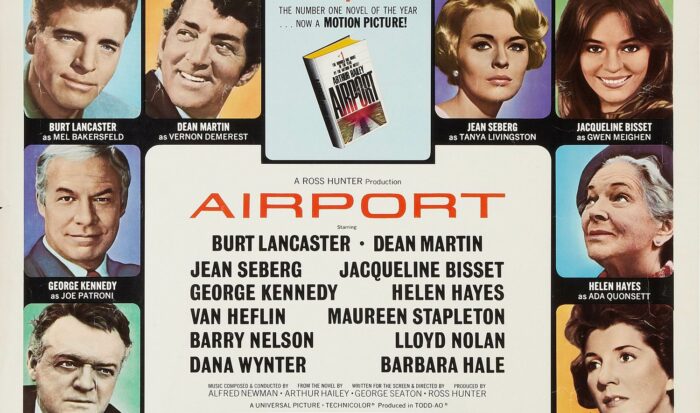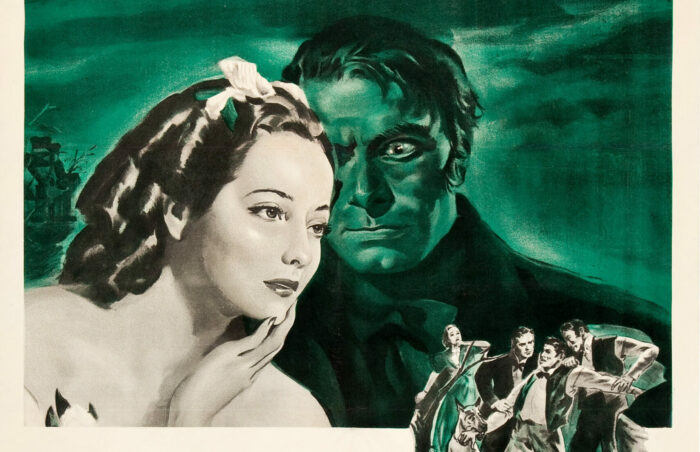
The 92nd Academy Awards (2020)
Nominations: 11
Wins: 2
I was thinking about this the day I watched Joker (because I was also thinking about Vampire Weekend announcing their first album in five years), but 2019 really was a different time. Covid hadn’t happened, we’d started to (sort of) adjust to Trump being president, and superhero movies were at the peak of their popularity. The latter two of these things of course coalesced in the movie Joker, melding Batman’s greatest foe and incel culture. So like many cultural moments of the Trump era, there was a lot of Discourse around it.
Now, with a new Joker movie coming out later this year and the benefit of a few years of distance from the film’s release, I wanted to try and revisit this movie without all of its cultural baggage and take it in more on its merits as a film, which apparently there was enough of to earn Oscars. Though that’s going to be a little hard, since its messaging (or lack thereof) is still a little hard to separate from what this movie is doing within the confines of its own vision of Gotham City. Continue reading →
